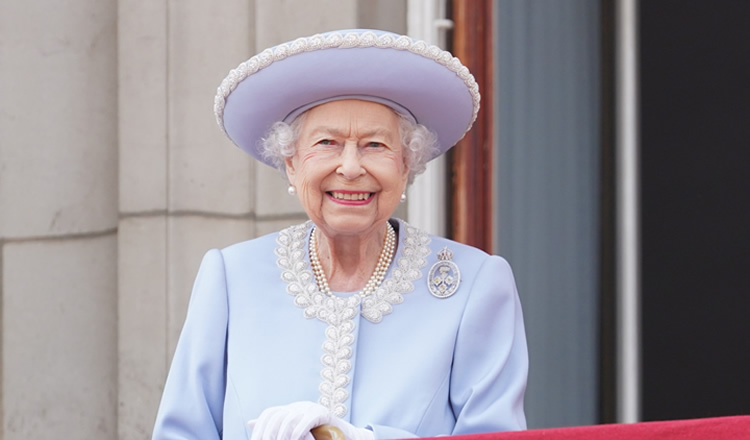
I celebrate my golden jubilee birthday today. It is a time for sober reflection and a time to thank God for unmerited favours and to share a special moment with loved ones. But by sheer coincidence, it’s also the day Queen Elizabeth II is laid to rest. One of the good things about sharing an anniversary with a moment like this is I would not need to cudgel my brain if this day were to come as a question in Who Wants to Be a Millionaire?
The death of Queen Elizabeth II at the age of 95 has naturally elicited an outpouring of emotion in the UK and around the world. For her close family members and confidants, it’s been grieving for a loved one whom they knew. But there are many like me in the world who never met the Queen but feel they have lost someone special to them. Some even query if feelings of loss for a person you have never met can be considered grief as the majority of research on grief has dwelt on the loss of close family members or friends.
A one-sided relationship between an individual and a well-known public figure, celebrity or member of royalty is called a parasocial relationship. In the past, parasocial relationships occurred mainly with television personalities. Now, these relationships have gone beyond these to include those of individuals and their favourite bloggers and social media users. Despite the one-sided nature of parasocial relationships, there are many similarities between these relationships and more traditional social relationships. In time past too, parasocial relationships were thought of as pathological and a symptom of social anxieties, loneliness and isolation. However, further studies have dispelled these views.
Mary-Frances O’Connor, a psychologist at the University of Arizona in Tuscon says, “We experience a loss as a part of ourselves, even for those who never met the Queen.” And adds, “We still lose a source of inspiration and encouragement and a period of one’s personal history and cultural history.”
Perhaps living in an intertwined world like ours allows parasocial grief to occur. Though there has not been much work on the phenomenon, it can be proposed to be due to a loss of possibility. “The experience of grief is a kind of disruption to the experience of the world overall. When it happens, there’s a kind of shattering of your assumptions,” says philosopher Louise Richardson, co-director of a project at the University of York, UK, called Grief: A Study of Human Emotional Experience. She quotes a theory called the assumptive world, which proposes that a person has fixed assumptions about the world. “The kind of losses that we grieve over are the ones that disrupt that assumptive world, which can explain feelings of grief about the death of the Queen.”
It is not out of place to mourn people whom we have never met but admire or see as role models, whether they are public figures or not, because somehow we have linked our identities to theirs and have shared values with them. The loss of that person then becomes a personal loss or a special part of the grieving individual that has been let go.
A process called introjection helps people cope with the demise of a celebrity. It is a process where a person unconsciously incorporates aspects of external reality into the self, especially the attitudes, values, and qualities of another person or a part of another person’s personality.
The good news for those who are distant mourners is that compared to those close to the Queen they quickly heal and are unlikely to experience prolonged grief disorder. This is where the grief has extended beyond one year in adults and six months in children. Andy Langford, clinical director of the London-based bereavement charity Cruse says, “The bond we form with someone depends on three variables: time, proximity, and closeness. Those three facets will indicate to us the degree to which we mourn, and the reason why they’re important is that there are neurons in our brains that are designed to look for those three things.”
The neuroscientist, and author David Eagleman, said we have three types of deaths. The first occurs when the body no longer functions. The second happens when the body is buried. The third occurs somewhere along the line when the person’s name is mentioned for the last time. You’ll agree with me that the first two are inevitable. But the last is not!
A good life lived is a memorial that outlives that person when they are no more. The world would be a better place to live if people live endearing lives, lives that uplift the other person, lives that make people never stop speaking their names for the good they did. Equally important, the world would turn the corner if people are not just hearers and seers of the exemplary life of a departed hero or heroine but go a notch further to become doers. What’s more, if the individual decides to continue to live those qualities the departed person was known for, it’s like making the dead person still live through them.
There may be divergent views of what the Queen stood for. Whether saint or sinner, longevity is a gift that allows for a retreat and penitence. I do not doubt that the ever-charming face that glowed around the world was at peace with her Maker. For someone surrounded by the paraphernalia of royalty, I wonder what she expects to see as she takes her final steps to the Pearly Gates.
- Dr Cosmas Odoemena is a medical practitioner based in Lagos





